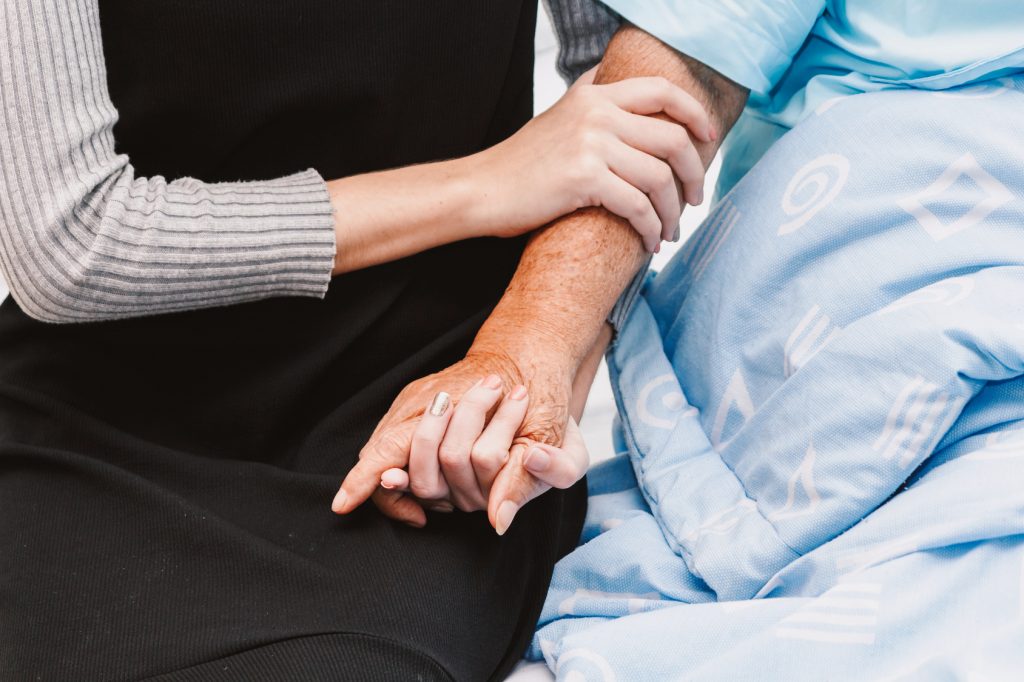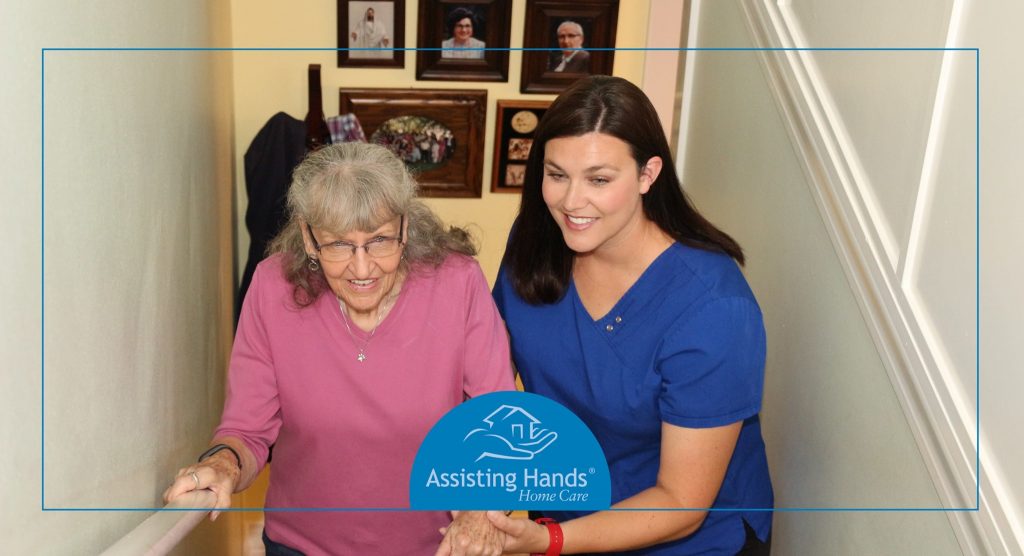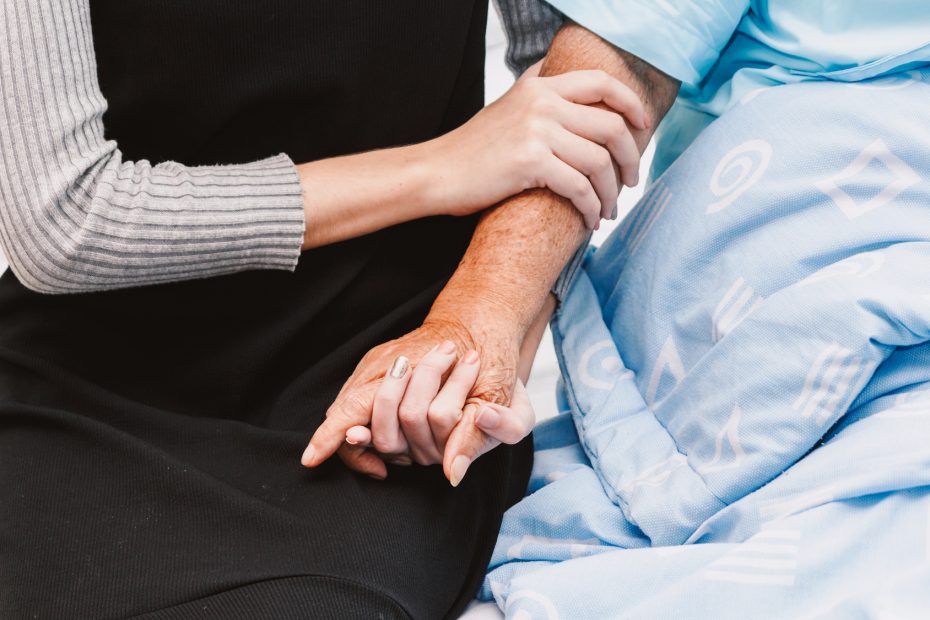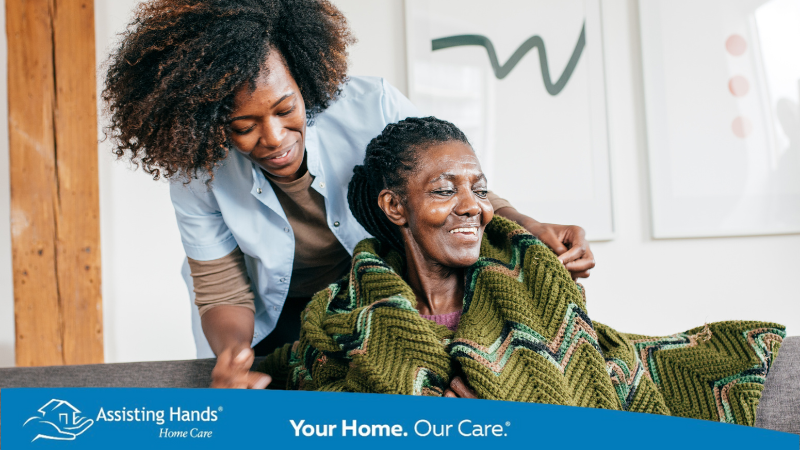
Worrying for your loved ones is only natural, because you want them to be safe and healthy. However, you might feel more concern for elderly relatives because it can be tougher for them to care for themselves upon reaching old age. Everyday tasks that once seemed simple and easy can become difficult and even dangerous to do without proper assistance.
While it is important that elderly individuals get the help they require, they also value their independence, and loved ones should respect that. This has meant that seniors are increasingly opting to age within the comfort of their own homes instead of moving out and into a nursing home or another type of assisted living facility. In such a case, this often leaves seniors living at home alone with no one around to help them when necessary.
You can still help senior loved ones who live alone by making sure their home is as safe as possible. The following list will help ensure your elderly loved ones have a safe, comfortable living space and help ease any anxiety you may feel concerning their independent living situation.
Fall Prevention
1. Add More Lighting to the Home
It may seem obvious, but homes need to have a sufficient amount of lighting to ensure people can see properly during the nighttime. This is especially important for seniors, as their vision tends to worsen with old age. If you notice that your elderly relative’s home is not well-lit, add more light via lamps, nightlights, and more. But make sure cords are tucked away so that no one can trip over them.
2. Clear Paths of Tripping and Falling Hazards
Make sure there are no obstructions in the walkways in your elderly loved one’s home. For example, if your senior relative keeps shoes out in their home instead of away in a closet, consider helping them find a place where they can store their shoes. This will ensure there is a specific place for shoes and that they will not pose as a tripping hazard.
3. Remove Rugs
Accent and throw rugs can surely liven up a room, but the additional flair they provide is not worth the falling risk. These rugs are often not secured and do not have rubber grips that help keep them in place. This makes it easy for accent and throw rugs to move, slide, and act as a tripping hazard. Because of this, it is better to remove these items from the floor of your loved one’s home.
If your loved one insists on keeping the rugs, then secure them down with non-slip backing. This should prevent them from sliding around.
4. Add Non-Slip Mats Around the Home
Non-slip rubber mats can also be placed around your loved one’s home to provide additional traction that prevents falls.
For example, hardwood flooring can sometimes be a slippery surface. This can be particularly concerning if stairs are hardwood. Going up and down the stairs can already be hazardous, so hardwood only increases that risk factor. But adding non-slip rubber matting to the stairs can limit the potential for slipping on the stairs.
Learn about What Are the Potential Consequences if an Elderly Person Falls
Bathroom Safety
5. Add Rubber Mats to Tubs and Showers
Just like you should add non-slip mats around your elderly loved one’s home, you should also place them in their shower and/or bathtub. It is no secret that water can create a slippery situation that leads to falls. Rubber mats can help provide seniors with more traction when cleaning themselves.
6.Install Grab Bars
Grab bars provide seniors with something stable to hold on to while in the bathroom, so it can help prevent them from falling. If they do not already have them installed, take the time to add grab bars in the shower/tub and next to the toilet.
Learn more about Bathroom Grab Bars for the Elderly
How to Prevent Other Safety Hazards in the Home for the Elderly
7. Improve Accessibility
Whether it is in their bedroom or the kitchen, help move frequently used items to places that are more accessible for your elderly loved ones.
For example, if drinking cups are stored on higher shelves, move them to a lower shelf that seniors can access without the help of a step stool. Ideally, nothing should be stored in areas that seniors cannot reach without help, but this is not always plausible. That said, do not store anything on shelves that require a step stool more than two steps high.
8. Add/Check Smoke Alarms
Every home needs to have functioning smoke alarms, so make sure there is at least one smoke detector on each floor of your elderly loved one’s home. Additionally, check that the alarm is working because there will be no point in having it installed otherwise. Replace the batteries, or install new alarms as needed, to ensure seniors can be immediately alerted of a fire.
Furthermore, review escape routes and fire safety plans with seniors to make sure they know how to react to such an emergency.
Learn about What are the Leading Causes of Accidental Death Among the Elderly?
Elderly Care Services from Assisting Hands Home Care

With the aforementioned checklist, you can help make sure your elderly loved ones have a safe home. However, seniors can also benefit from having someone to help them around the home. Ideally, you may feel this person should be a family member, but this is not a plausible option for all families. There are professional elderly care services available to help seniors live at home safely.
Assisting Hands Home Care provides senior home care services to help elderly individuals in, Bolingbrook, Plainfield, Yorkville, IL, and the neighboring areas. From elderly care to companion care to overnight home care, Assisting Hands has a variety of home care services available to ensure seniors have the help they need.
We begin our services by meeting with you and your loved ones to determine care needs and conduct a home safety evaluation. From there, we customize care plans to meet the client’s needs and assign a caregiver who we believe is a good fit.
















